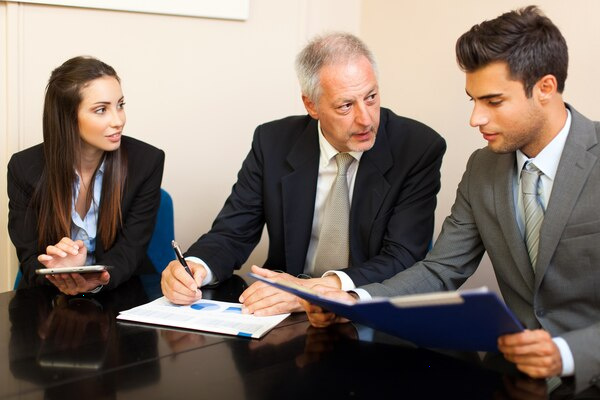How Expert Testimonies Can Influence Jury Decisions
In the world of law and order, the role of an expert witness is of paramount importance. These professionals, who possess specialized knowledge in fields ranging from forensics and medicine to finance and engineering, can significantly sway jury decisions. Understanding how and why expert testimonies can influence a jury is crucial for both legal practitioners and those interested in the justice system.

Firstly, expert testimonies help simplify complex evidence. Jurors are often laypeople with little to no background in the technicalities of a case. A case involving DNA evidence or financial fraud can be daunting without clear explanations. An expert witness breaks down this complexity into understandable terms, enabling jurors to make informed decisions. Their expertise serves as a bridge between complicated evidence and layman's understanding, which is essential for jurors who must weigh intricate details to reach a verdict.
Moreover, expert witnesses lend credibility to the evidence presented. In the eyes of a jury, an expert testimony is not just a piece of evidence but an authoritative interpretation of it. When an expert presents their opinion, it's supported by years of study, experience, and specialized training. This level of authority can lend significant weight to their testimony, often tipping the scales in favor of the side they support. Jurors are more likely to trust and be influenced by a well-articulated opinion from someone recognized as a leader in their field than by parties with direct stakes in the trial outcome.
Additionally, the demeanor and presentation skills of an expert witness can heavily impact their influence. Experts who can engage with the jury in a relatable, clear, and confident manner are often more persuasive. A witness's ability to convey complex ideas with eloquence and patience enhances their credibility and the jury’s trust in their testimony. The affinity and connection an expert can establish through effective communication often underpin their persuasive power.
However, it's essential to note that the influence of expert testimonies is a double-edged sword. They can be invaluable in shedding light on facts, but they can also potentially lead to bias or misinterpretation, particularly if the expert's own biases go unchecked or if jurors perceive the expert's authority as infallible. This potential for undue influence has led to debates about the proper role and training of expert witnesses, including how they should be selected and scrutinized by the courts to maintain fairness.
Courts implement several mechanisms to ensure the reliability of expert testimonies. These include pre-trial assessments to verify the expert's qualifications and methodologies, as well as cross-examinations by opposing attorneys to test the robustness of their conclusions. These steps are designed to weed out pseudo-expertise and ensure that juries are not swayed by less credible sources.
In conclusion, expert testimonies play a pivotal role in courtroom proceedings. They can transform a complex and opaque case into one that is understandable and believable for jurors. As essential as they are, both legal professionals and jurors must approach expert evidence with a balanced perspective, appreciating the insights provided while being mindful of its potential limitations. Through careful scrutiny and cross-examination, the legal system aims to harness the power of expert testimony while safeguarding the integrity of jury decisions.